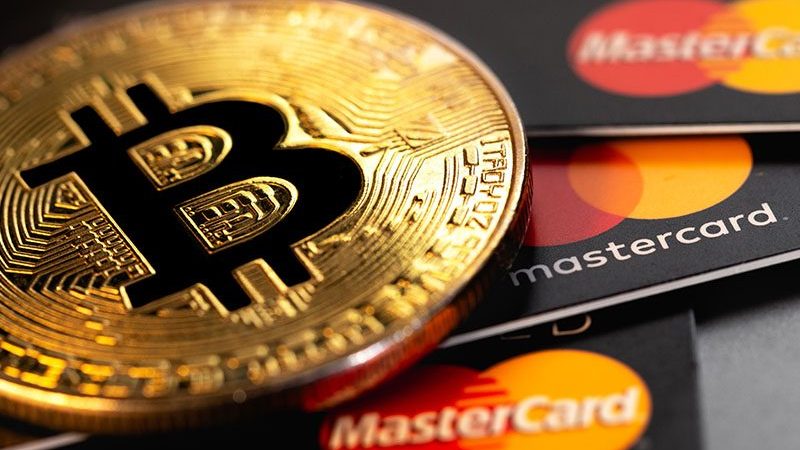
As the UAE and Kazakhstan now join North America, Europe, Latin America, and Asia Pacific with Mastercard’s Crypto Credential solution, UAE regulated CoinMENA and Fuze are the first crypto exchanges to be onboarded. The solution simplifies the consumer experience allowing crypto exchange users to send and receive cryptocurrencies using simple aliases instead of complex blockchain addresses. Mastercard’s solution is marking its debut in the Eastern Europe, Middle East and Africa (EEMEA) region.
Mastercard Crypto Credential is facilitated through its partnerships with key exchanges and providers in the region. It also helps verify transactions among consumers and businesses using blockchain networks, providing the assurance that a user has met a set of verification standards and confirming that the recipient’s wallet supports the transferred asset. It brings greater trust and certainty to crypto transactions through the exchange of metadata and Travel Rule information.
This latest expansion will enable exchanges such as ATAIX Eurasia, Intebix, and in the UAE with CoinMENA, as well as Fuze.
“At Fuze, our collaboration with Mastercard on the Crypto Credential initiative underscores our dedication to advancing secure, efficient, and inclusive digital asset transactions across the EEMEA region,” said Mo Ali Yusuf, CEO, Fuze.“This partnership not only strengthens our commitment to supporting banks and fintechs in adopting crypto solutions but also marks a significant step in building trust and enhancing reliability within the evolving crypto landscape.”
“It is exciting to see Mastercard embracing blockchain technology and moving on-chain. Innovations like Mastercard Crypto Credential program are key to building trust and making digital assets more accessible and user-friendly, especially for joiners from traditional finance,” said Talal Tabba, CEO, CoinMENA.
Crypto Exchanges just have to verify their users with MasterCard
Using Crypto Credential is simple. The crypto exchange first verifies the user under the set of Mastercard Crypto Credential standards. At that point, the user obtains an alias to send and receive funds across all supported exchanges. When a user initiates a transfer, the solution confirms that the recipient’s alias is valid, and that the recipient’s wallet supports the digital asset and associated blockchain. If this is not the case, the sender is notified, and the transaction does not proceed, protecting all parties from potential loss of funds.
While the pilot will initially focus on facilitating peer-to-peer transactions, the potential applications of Crypto Credential are expansive, with future capabilities to include NFTs, ticketing, and other innovative payment solutions, depending on market and compliance requirements.
“As the cryptocurrency landscape continues to mature, we’ve been laser focused on developing innovative services and capabilities that help make crypto more accessible and secure, streamline the transaction process and enhance trust in the ecosystem. In bringing Mastercard Crypto Credential to the EEMEA region, we’re delivering on our vision to increase and instill trust in blockchain technology while also transforming the way that people interact with digital assets,” said Gaurang Shah, Executive Vice President, Head of Core Payments, EEMEA, Mastercard
“As one of the leading cryptocurrency exchanges in Kazakhstan, licensed by the AIFC, ATAIX Eurasia is focused on building a legal and accessible cryptocurrency infrastructure in the Eurasian and, eventually, global financial markets,” said Аrutyun Poghosyan, CEO ATAIX Eurasia. “That is why we are incredibly excited to join Mastercard’s interregional partnership to implement the crucial and timely Mastercard Crypto Credential technology. We look forward to strengthening our collaboration with Mastercard even further.”
CoinMENA and Ripple partnership
CoinMENA, was also recently selected list Ripple’s new RLUSD stablecoin on its platform. CoinMENA is the only crypto broker to be chosen by Ripple to list its stablecoin in the MENA region.










